What Is PPC?
The short answer is, PPC is for Pay-per-Click. It’s part of search engine marketing, and you’ve already guessed there’s an acronym for that, too: SEM. But you don’t know much more than you did when you started reading this paragraph, do you?
Allow me to explain.
Every time you run a successful search using Google, Bing, Yahoo, Dogpile, or some other search engine, you’ll get what we call natural or organic search results. They’re not ads, and the art (or science, if you must) of getting your site at or near the top of these results is not PPC. It’s SEO, for search engine optimization. Some people think it’s a black art, but it’s really just an art, practiced by some people in black hats and some people in white hats. You want the white hats, but how to recognize them is beyond our scope today.
To the right of the organic search results, and often above them, are ads. It’s fairly easy to tell which is which. Mostly, they’re text ads. If you click on them, you’ll go to the advertiser’s site, and the advertiser will pay Google or Bing or whomever for the click — pennies, dollars, sometimes a lot more.
Try this: google “german family history” (without the quotation marks). My PPC work in the online genealogy world is recent enough that, at least for a while, it’s likely that two of the ads you’ll see will be ads I wrote. Go ahead. I’ll wait. (Here’s a link to that search, in case you’d rather click than type.)
You may see up to three ads above the organic search results; when I ran the search just now, it was only one — and it was one of mine. Whether there are any at the top or not, you’ll usually see some to the right; in my results just now, there are four (including another I wrote).
Now try the same search at Bing.com. (Here’s a link.)
When I do that search, I get two ads across the top (one of mine) and three to the right (including another of mine). A day or even a minute later, things could be a little different, depending on which ads are running on which keywords with what bids, and numerous other variables. But they all have this in common: if I click on one, the advertising will pay. Hence pay-per-click.
As you might guess, all of this is less simple than I’m making it. For example, CPC (cost-per-click) is not the only approach we usually consider.PPC. There’s also CPM, which is cost-per-thousand-impressions. (An impression is one instance of the ad being displayed.) That’s a common way of buying and selling ad “inventory” on the web generally, but in the Google AdWords and Bing Ads world, it’s less commonly used.
There’s one other complexity worth noting here. I’ve been talking about search ads, which Google or Bing matches to the user’s search terms. There are also “display” or “content” ads. These may be text or images. In their simplest incarnation in Google and Bing, they’re matching ads to the content of the page where they’re displayed. That is, Google and Bing decide what the page is about and match appropriate ads to it.
I’ll throw one other term into the soup: remarketing. Some people think this is a synonym for stalking, and it can feel that way to the user. Here’s why: If you click on one of my company’s ads today, I can set things up so you’ll see one of our display ads later on pages which don’t even relate to the topic of the ad. When I set up remarketing, I try to limit it to 30 days and not more than one or two of our ads per day. Obviously, not everyone does that.
Remarketing is why, for example, my shopping online for a new printer recently caused me to see ads for the printers I’d been looking at, from three places where I’d been looking, for more than a month, at almost every web page I visited that published ads. Some people I know call that creepy. I call it overkill — though it’s possible that the numbers work for those retailers, when they remarket far more intensely than I like to. The truth is, in a situation where the numbers worked, I’d probably do it too — even though, in this case, I was seeing ads for a particular printer for weeks after I’d bought one locally, at one of the retailers whose ads I was seeing.
.
View Comments
Welcome to Sensible Digital Marketing
Welcome to Sensible Digital Marketing, a new blog about pay-per-click (PPC)...
